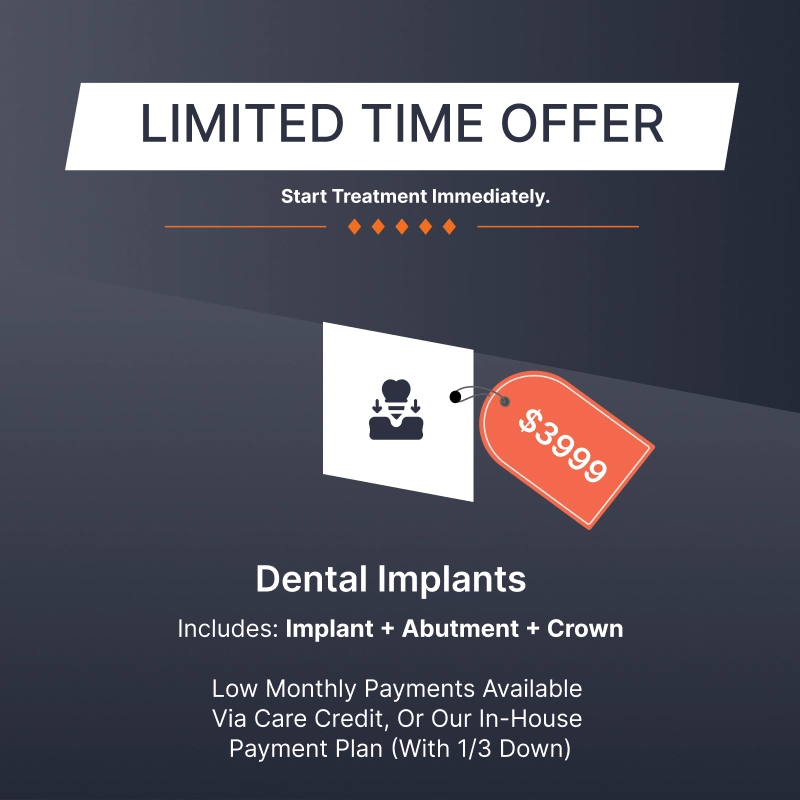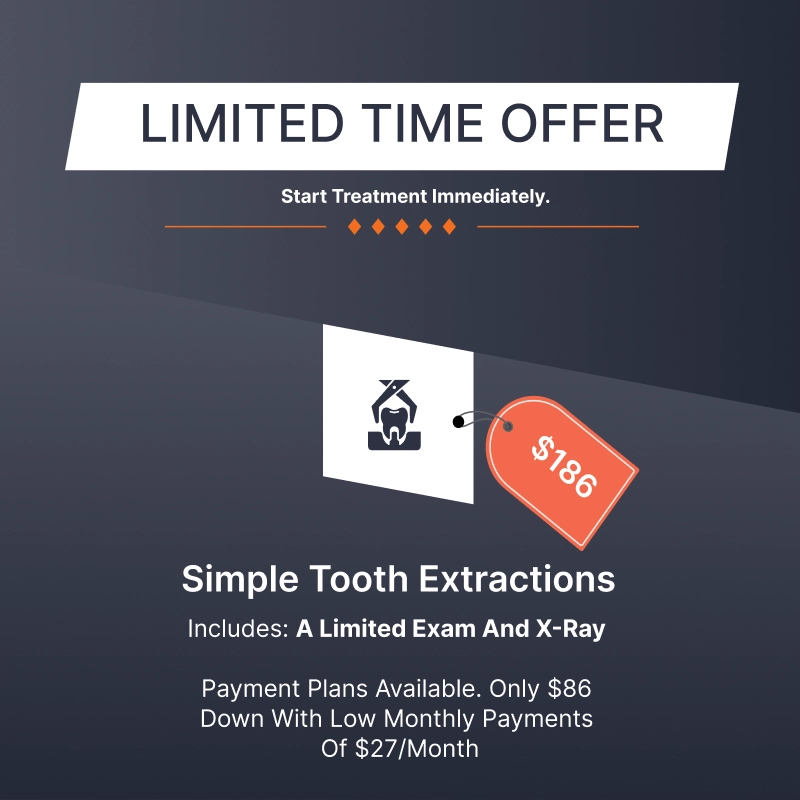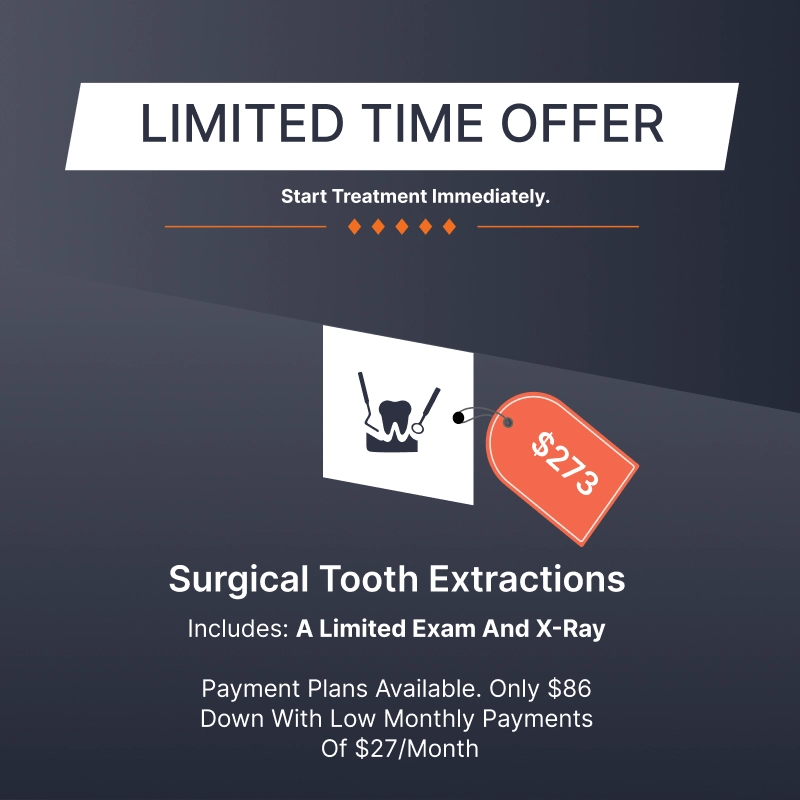Would you like fluoride today? A question many dental professionals ask, but do you need it, and if so, why?
Dentists and dental hygienists are often asked by patients what the benefits of fluoride are. First, it is essential to know the two different ways fluoride is delivered: systemically (spread throughout) and topically (spread externally). According to the ADA, the maximum reduction in dental caries is achieved when fluoride is available both systemically and topically.
Water
Fluoride in water has a systemic and topical effect. For children under the age of eight, fluoride’s main benefit is that it helps to make the outer layer of permanent teeth (enamel) that are still developing under the gums more durable and helps prevent caries. For adults, fluoride in water helps support tooth enamel on erupted teeth and keeps them strong and healthy.
Fluoride in water has proven to reduce tooth decay by 25% for children and adults. That amounts to two fewer cavities per person compared to populations without fluoride in the water.
Fluoridated water is very cost-effective. In communities of 20,000, the cost is only $0.50 per person per year. This is significantly less than the price of a filling. Cha-ching!
Most water already has naturally occurring fluoride in it. Water treatment facilities add a little extra fluoride to bring it to the optimal level for decay prevention.
The CDC named community water fluoridation as 1 of 10 great public health achievements of the 20th century. In 2014 nearly 74% of the United States is served by community water systems as had to access to fluoridated water.
Oral Hygiene Products
The primary way people get topical fluoride is through over the counter fluoride toothpastes and mouthwashes that contain sodium fluoride. These prove to be useful when used correctly.
You should be brushing your teeth twice a day for two minutes. It is also important to spit and not rinse your mouth out. When you rinse after brushing, you are rinsing off all of that fluoride that strengthens your enamel. Spit, don’t rinse!
Sodium fluoride mouthwash is another excellent way to add fluoride to your teeth. The ACT fluoride rinse is an excellent option for a brand that is over-the-counter.
Perscription Flouride
Sometimes the dentist or dental hygienist might feel it is important for you to have a higher dose of fluoride that cannot be found over the counter.
They might recommend that you do an in-office fluoride treatment that is painted on the teeth every three, six, or twelve months. Some people are sent home with a prescription for a fluoride gel called Prevident 5000; this toothpaste would replace a person’s regular toothpaste.
Reasons for putting patients on these higher doses of fluoride include the following:
Poor oral hygiene
• Active caries
• Eating disorders
• Drug or alcohol abuse
• Lack of regular professional dental care
• Active orthodontic treatment combined with poor oral hygiene
• High levels of caries-causing bacteria in the mouth
• Exposed root surfaces of teeth
• Decreased salivary flow, resulting in dry mouth
• Poor diet
• Existing restorations (fillings, crowns)
• Tooth enamel defects
• Undergoing head and neck radiation therapy.
Many patients ask if adults must have a fluoride treatment. The answer to that question is a resounding yes!
At Legacy Dental, our number one concern is for you, our patients. As a Millcreek area dentist, we want to give you the best care possible, which includes educating you the best we can. Please feel free to ask us any questions you may have about fluoride and its benefits.
Here’s to happy brushing and being cavity-free!!!
Call us for more information (385) 446-2942








